Location
Feb 02, 2023
Jan 08, 2016
0 travelers are looking at this program
About Program
Bamboo is a New Zealand Charitable Trust (non-profit NGO) based in New Zealand, Thailand, Cambodia, and the USA. Their vision is to connect volunteers with communities in need. They offer dozens of programs in 19 countries on 5 continents.


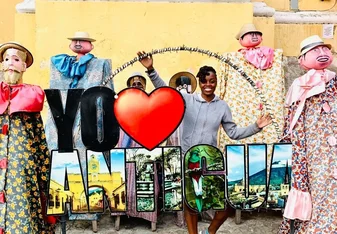
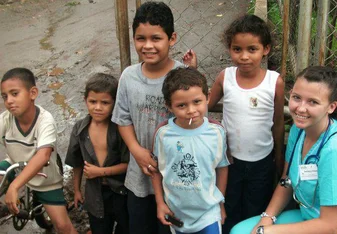
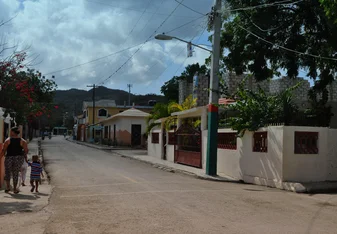

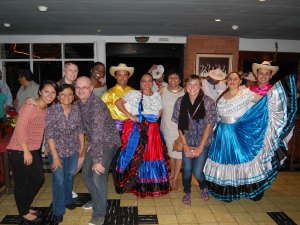
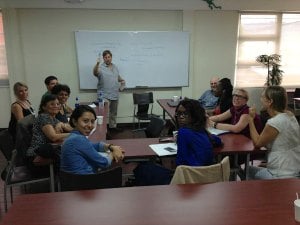










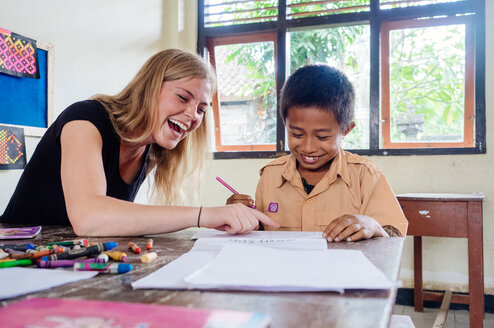

Response from Bamboo
We’re saddened to see this review appear while we are still in discussions with you and while we are following due processes in regards to your concerns. We hoped you understood why it’s important to be diligent in our follow up to ensure that all concerns are valid and what this might mean moving forward – this means working with our partner organization in Nepal, as well as yourself.
We acknowledge the time that this process has taken, but given the gravity of the concerns you raised, we need to make a full investigation – and also to allow time for you and your health-related contacts to compile the information you wished to present.
We’re also sad that you are disinterested in reading the information presented by our partner organization as part of our formal report – this information clarifies a lot of misunderstandings that were outlined in your review and our email correspondence.
From private correspondence, we have come to realise that there is some confusion between three legally separate entities – GVN (registered charity in NZ that specialises in volunteer placements), GVN Foundation (tax exempt 501(c)(3) in the US which specialises solely in fundraising and grant distribution and does not involve the volunteering/program fee side of things) and our partner organization in Nepal. If you’d like further clarification as to what entity is responsible for what aspects, how they work together and how each is funded, please feel free to email us for this information or take a look at the “About Us” style pages on each of the respective websites, as it’s a lot to break down in this post.
Program fee breakdowns are provided to all volunteers after they are accepted and prior to making any obligation or commitment to the program – this is done in the interest of transparency, and I can confirm that this information was included in your Program Guide upon acceptance into the Nepal Program. Please see this information for more detail.
We have no concerns about how the Nepal administrators use funds as these have been independently audited by the Nepali authorities that oversee locally registered non-profits, and they have passed with “flying colours” every time. This is a regular, rigid, and state-mandated review, and covers all the aspects of fiscal and organization management that we deem important for transparency and accountability. Our own reviews across the years of financial information has never raised any issues or causes for concern either.
Just to add to this, GVN and GVN Foundation are also both independently audited by the relevant authorities and have also been found to meet necessary requirements for non-profits in each respective country, and in confirming that our work and funds spent meet our mission statements.
In regards to your concerns about child nutrition, we have come to understand that the data you have based your information on is height/weight charts found at the Children’s Home. This is not the most up to date information – this is stored at the partner organization office for privacy reasons, the same as at most doctor’s offices. Taking into account the children’s medical history is also really important – these children had a rough start in life and the nutrition they received during their formative years was definitely sub-par (ie. prior to coming to the care of SSCH).
As per the World Bank’s reports on child nutrition, poor nutrition during the first 8 years of life significantly impacts, and can even stunt, a child’s growth for the rest of its’ life. Part of the information that our partner is providing for us in response is the most recent medical information from registered health professionals in Nepal who have worked with these kids for a significant portion of their life since coming to Shining Stars. There is also medical records provided from the three health professionals who have most recently worked with the kids directly, as well as information from a past volunteer (registered nurse) who knew and worked with the children before their time in SSCH and since – it provides a very insightful understanding to how these children have grown and developed since living at SSCH, and we’re disappointed to hear you’re not interested in hearing this ‘side of the story’.
The children are fed a Nepali diet (although, 2 meals + 2 kajja a day is above what an average Nepali might have). The meals that they are given are the standard fare of Nepal – large amounts of rice, daal and vegetable curry – what all bar the wealthiest families eat twice a day, every day. On top of this, monthly funding is available for meat, eggs, fruit and milk – items deemed luxuries in Nepal and usually only consumed by your average Nepali on festival days or at weddings.
Your review states “even with this kind of evidence, their tack is to start a dialogue with the Nepali partners to give them a chance to tell their side of the story”. In the same way that you would not expect an organization to believe information presented by our partners at face value, we need to allow the same right to our partners as well in light of your (potentially very damaging) concerns. Without this open dialogue with our partners, we would not have the information above in regards to nutrition prior to SSCH, health records, etc.
We’re happy to continue discussions with you (our most recent email correspondence was less than 24 hours ago) and work on this progress together, but we are concerned that prematurely posting this information, without all the facts, may have an impact on our ability to continue supporting these children. At the heart of what you, GVN, and our partner organization in Nepal want, is the welfare and future of these children.
- Fiona GVN